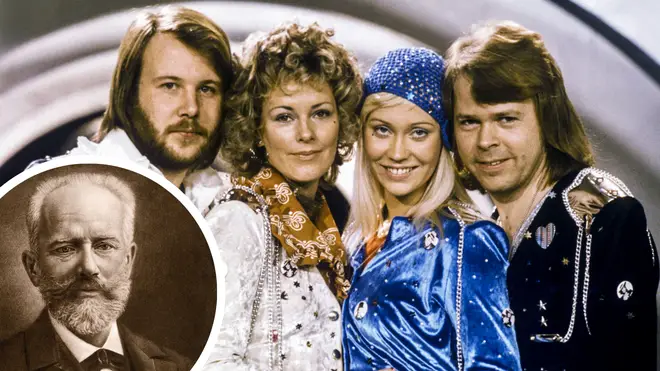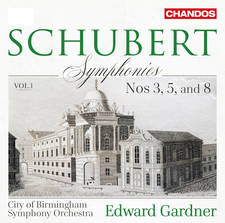ABBA give an unexpected nod to Tchaikovsky’s Swan Lake in new ‘Voyage’ album
8 November 2021, 17:43

While an ABBA x Tchaikovsky collaboration wasn’t on our bingo cards for 2021, we’re kind of here for it...
Swedish pop group sensation ABBA are back after a 40-year hiatus with their ninth and final studio album, Voyage.
And fans have noticed that the final track on the album, Ode To Freedom, has a familiar tune.
Not because it contains a call-back to a previous song composed by the band, but rather because the song references the the Waltz from Tchaikovsky’s ballet, Swan Lake.
Watch: Spine-tingling moment ballerina with Alzheimer’s remembers routine to Swan Lake
Written by the Russian composer between 1875-76, Swan Lake is one of the most popular ballets of all time, and the Waltz in A flat major is one of the most recognisable melodies from the work.
Twitter was quick to pick up on the reference to the tune in ABBA’s final Voyage track, with listeners desperately trying to find the piece of classical music they were reminded of...
It reminds me of a piece of classical music and I can't for the life of it think of the title or find it. Ta da da dam, ta da da dam, ta da daaaaa. God, this is driving me mad!
— Rob Jacobs (@robster16) November 4, 2021

SWAN LAKE - Waltz - Act 1 (Bolshoi Ballet)
Despite its references to the waltz, Ode to Freedom is written in a time signature of 4/4, instead of the expected 3/4 found in Swan Lake, and the majority of other waltz forms.
Thus, the theme is pulled into a more conventional pop song format, while maintaining the low swelling string holding the melody similar to the original Tchaikovsky.
The vocals enter towards the end of the song, joining in on a typical ABBA-esque harmonic build on the main melody with the following lyrics.
The foursome sing about writing an ‘Ode to Freedom’, a piece of music ‘not pretentious, but with dignity’.
Watch: Breathtaking moment a Russian ballerina dances real ‘Swan Lake’ on ice

Benny Andersson talks about his favourite classical music
In the ballet, the waltz underscores Prince Siegfried’s birthday; it is a moment of celebration for our principal dancer as he celebrates with his friends and villagers from his kingdom.
It seems fitting that Abba’s final album should end with an epic orchestral, albeit gentle, celebratory theme.
The band has achieved so much since forming in 1972, and they have every right to celebrate a long and successful career where they changed the face of the pop music industry forever.
























